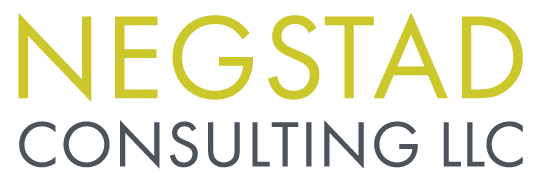5 Minutes on Understanding Trust
Trust is the key to the kind of vibrant, inclusive work cultures we want to be a part of.
Trust of our leadership, trust of our teams, trust of our co-workers, trust of ourselves.
“Business/work happens at the speed of trust.”
Stephen M. R. Covey, The Speed of Trust
It makes going to work more pleasant and rewarding. And trust can help us move through times of tension and conflict.
But what is trust?
It can feel so intangible. We know if we have it. We can tell when it’s been broken.
Let’s move from the intangible to the tangible.
We can break down what trust is made up of with the help of Charles Feltman.
In his book, The Thin Book of Trust, Feltman’s definition of trust is,
“Making something you value, vulnerable to another person’s actions.”
I love how this definition covers it all.
What I value is a wide range of things.
I value private information about myself, people I hold dear, my work and clients, my personal values, and so much more.
Take a few minutes right now to think of a relationship where trust comes up.
Trust could be strong, fraying, or broken. Now consider:
In what ways have you made something you value vulnerable to this person’s actions? What is that thing of value?
What are you holding back? How are you protecting something you value from this person’s actions?
Feltman then helps us break it down with four components of trust: Care, Sincerity, Reliability, and Competence.
We can use these four areas to explore:
Where might trust be frayed or broken?
Where is trust strong?
Four Components of Trust:
Care – This is the foundational component. If we have care, we get a lot of leeway on the others. Care means you hold another person’s interest/well-being when you take action or make decisions.
Sincerity – This component means that you are honest. You say what you mean and mean what you say. Your actions align with your words. You are also emotionally honest. You can be believed and taken seriously.
Reliability – This component of trust means that you keep your promises. If you make a commitment, you keep it. You are clear about what you will do and what you will not do.
Competence – This component means you have the ability, skills, capacity, and knowledge to do the task or job at hand.
When we break down trust into these four components you are no longer stuck at the blanked feeling or expression of, “I don’t trust you.”
We can get more nuanced and figure out where trust broke down.
Think of that same relationship where trust comes up and consider:
Do you trust that your interests are being considered?
Do you trust that the other person is meaning what they say – and doesn’t have any hidden agendas?
Has the other person kept their commitments?
Do you trust their ability to do the job?
You can even turn the questions around on yourself.
Think about this relationship again and ask yourself:
Am I considering their well-being?
Am I speaking honestly?
Have I kept my promises?
Do I have the skills and ability to do the job?
These four components of trust may help you get at where trust was broken and then you can work to repair it.
In fact, right now, can you think of an action to take or something to reflect on further?

